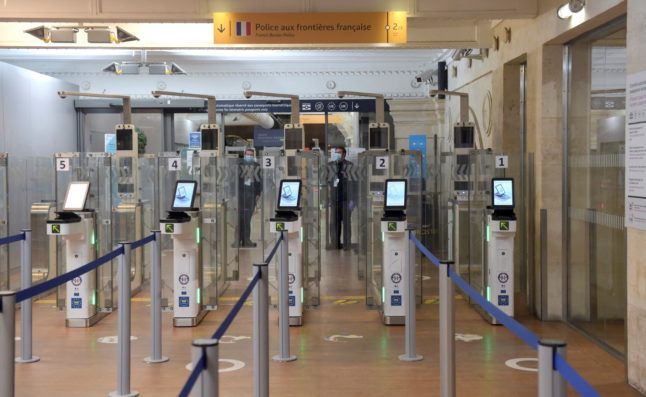Summer is drawing to an end, which means children return to school, adults head back to work and French supermarkets begin offering bargains on wine.
September and October are a great time of the year to stock up on nice wine thanks to the wine sales known as foire aux vins. Previous surveys have shown that the majority of French people participate in the foire aux vins, and many recommend buying for Christmas in advance.
You can find out what to expect as well as the schedule for both online and in-person stores this autumn.
Foire aux vins: How to find bargains on high quality wine in France
Property owners in France might have an interest in saving a few euro on wine this year, seeing as property taxes are rising.
Some areas will see more significant increases than others – like Paris, whose year-on-year increase is set to be 59 percent.
Where in France are property taxes increasing the most?
For those who do not yet have a permanent address in France, bureaucratic matters (including applying for the initial visa to come here) can be complicated.
The catch-22 of needing an address before arriving, while simultaneously being unable to acquire said address because you are outside of the country can feel impossible. The Local has put together some options for how to remedy this problem.
Reader question: How can I get a French address before arriving in France?
French ministers are back at work after their summer holidays, and the new education minister, Gabriel Attal, has made one piece of clothing his priority: the abaya.
This loose-fitting robe-like dress – worn by women in parts of the Muslim world including North Africa, the Arabian Peninsula, and most of the Middle East – is now in the middle of a new controversy surrounding secular attire in French schools, as people disagree whether the abaya is a cultural garment or one that signifies affiliation with the Muslim faith.
Why the abaya is at the centre of France’s latest secularism row
Cheap flights are another topic that have been part of the public discussion in France recently.
France’s transport minister, Clément Beaune, has caused a stir by calling for minimum flight prices, saying that €10 flights are ‘no longer possible’ during a climate crisis.
Despite Beaune’s statements, this does not necessarily mean that the country will ban cheap flights tomorrow.
Factcheck: Is France really banning cheap flights?
And finally, you might be curious why French media have already begun guessing at possible frontrunners for the 2027 Presidential election, even though Emmanuel Macron is just one year into his second term.
Here’s why many of the French have their eyes fixed in the future.



 Please whitelist us to continue reading.
Please whitelist us to continue reading.
Member comments